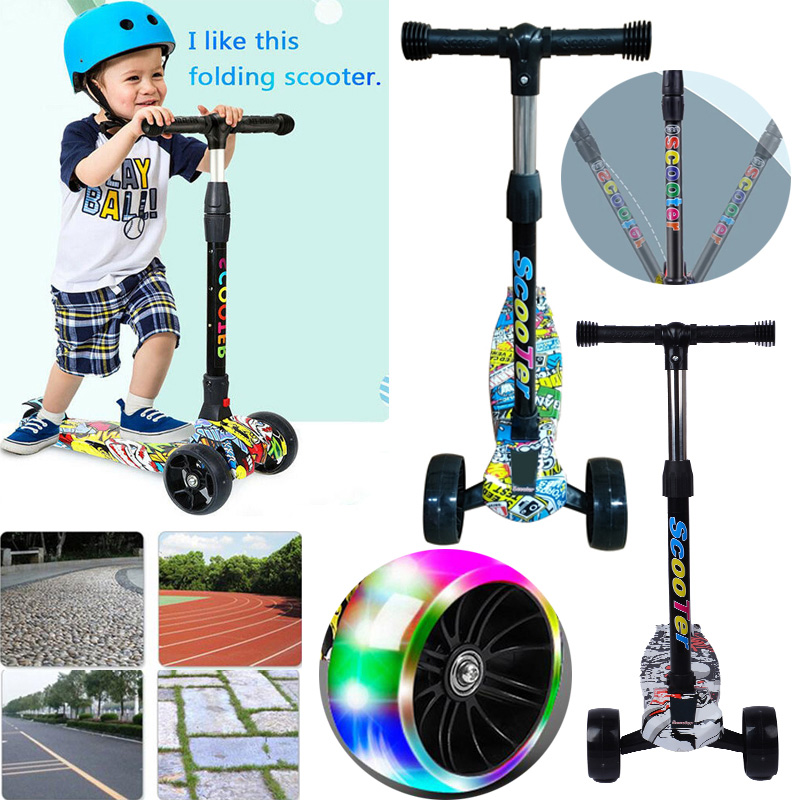The Rise of Little Scooters A Trend Revolutionizing Urban Mobility
In recent years, urban transportation has undergone significant transformation, driven by the need for sustainable solutions and the desire for convenience in densely populated areas. Among the many innovations, little scooters—compact, electric, and increasingly popular—have emerged as a prominent choice for city dwellers. These two-wheeled marvels embody both practicality and fun, offering an effective alternative to traditional modes of transport.
The Appeal of Little Scooters
Little scooters, often referred to as electric scooters or e-scooters, typically weigh less than 30 pounds and are designed for easy maneuverability in crowded urban spaces. Their compact size allows them to zip through traffic, navigate tight corners, and park conveniently where cars cannot. For commuters facing daily traffic jams, these scooters represent a breath of fresh air, turning a potentially frustrations-filled journey into a smooth ride.
Furthermore, the environmental benefits of e-scooters cannot be overlooked. As cities grapple with the challenges of pollution and carbon emissions, little scooters provide a cleaner alternative to gasoline-powered vehicles. Running on electricity, they emit zero operational emissions, encouraging a shift toward greener urban transport. This aspect aligns with global sustainability goals, making scooters an appealing option for eco-conscious consumers.
The Technology Behind Little Scooters
Modern little scooters are equipped with advanced technology, offering a seamless user experience. Most models come with apps that allow riders to locate, unlock, and pay for their scooters—all from the convenience of their smartphones. Features such as GPS tracking enhance safety, while mobile applications provide users with information about battery life, distance covered, and route optimization.
Battery technology has also improved dramatically, with many e-scooters capable of traveling up to 30 miles on a single charge. This ensures that they are not only suitable for short trips but can also accommodate longer commutes, making them versatile enough to meet various user needs. Additionally, features such as regenerative braking help recharge the battery while riding, further extending the scooter's range and efficiency.
A Growing Market
little scooters

The global e-scooter market has witnessed exponential growth over the past few years. As cities introduce scooter-sharing programs, many riders no longer need to own a scooter but can access one on demand. Companies like Bird, Lime, and Spin have proliferated, allowing users to find an available scooter within minutes. This service model has made it easier than ever to integrate little scooters into daily urban life.
Furthermore, as more municipalities adopt regulations that promote the use of e-scooters, the infrastructure for their safe operation is improving. Designated scooter lanes, parking areas, and clear guidelines on usage have become increasingly common. This enhances rider safety and encourages more people to consider little scooters as a viable transportation option.
Challenges and Considerations
Despite their many advantages, the rise of little scooters is not without challenges. Concerns regarding safety and irresponsible riding practices have surfaced in cities worldwide. Riders sometimes ignore traffic rules, causing accidents and endangering themselves and pedestrians. Moreover, the presence of parked scooters cluttering sidewalks poses accessibility issues for individuals with disabilities.
To address these challenges, city planners and e-scooter companies must collaborate to establish comprehensive regulations that promote safety and responsible usage. Educating riders about traffic laws, implementing user accountability measures, and enhancing public awareness campaigns are all essential steps toward fostering a safer environment for everyone.
The Future of Little Scooters
Looking ahead, the potential for little scooters to revolutionize urban mobility appears promising. As technology continues to advance, we can expect even smarter models equipped with AI for enhanced navigation and safety features. The integration of scooters into broader public transportation networks may provide a more cohesive and comprehensive approach to city mobility.
In conclusion, little scooters represent a shift towards more sustainable, convenient, and enjoyable urban transportation. Their growing popularity reflects changing attitudes toward mobility and a recognition of the need for alternative solutions in bustling cities. As we navigate the complexities of urban life, little scooters are likely to remain at the forefront, accelerating the transition to a future where city living is more accessible and eco-friendly.
-

 Scoot&RideKids Child Kick Push Scooter 3 Wheels with LED Flashing Tilt Lean Boys Girls Scooter
Scoot&RideKids Child Kick Push Scooter 3 Wheels with LED Flashing Tilt Lean Boys Girls Scooter




- 4
$33.17 -

 Scoot&RideKids Scooter Child Kick Flashing LED Light Up 3 Wheel Push Adjustable Folding 3
Scoot&RideKids Scooter Child Kick Flashing LED Light Up 3 Wheel Push Adjustable Folding 3- 0
$25.52 -

 Scoot&RideKids Scooter Child Kick Flashing LED Light Up 3 Wheel Push Adjustable Folding 2
Scoot&RideKids Scooter Child Kick Flashing LED Light Up 3 Wheel Push Adjustable Folding 2- 0
$33.17 -

 Scoot&RideKids Scooter Teens Foldable Kick Push Scooter Adjustable Height Safe 2 Wheels
Scoot&RideKids Scooter Teens Foldable Kick Push Scooter Adjustable Height Safe 2 Wheels




- 4
$49.99
Meet our partners and discover what powers their creativity!
When you register for a Lohas scooter, you will receive a 10% discount on your first order and can be notified of sales, new product launches and other offers in advance.









